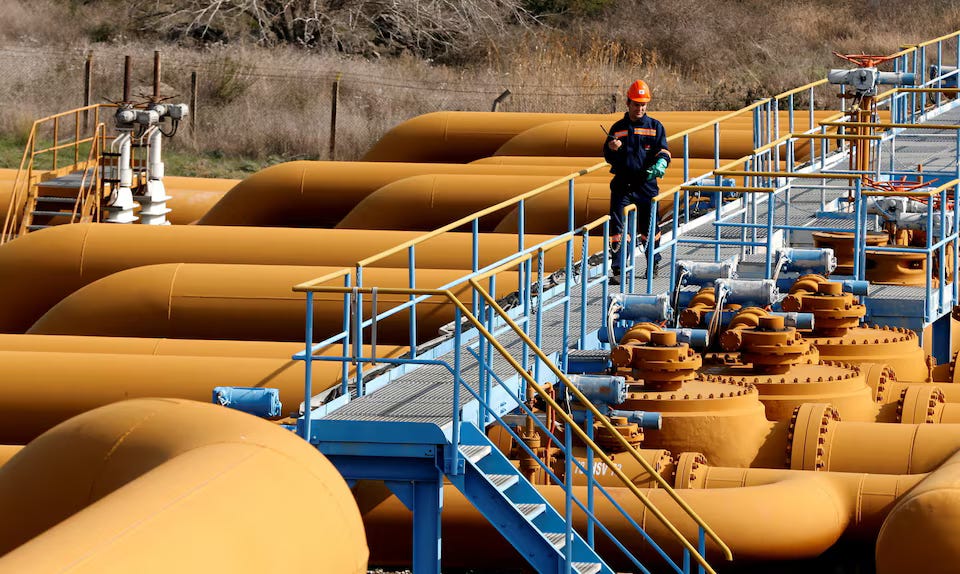Baghdad plays hardball with oil producers in Kurdistan Region
With oil exports from the Kurdistan Region still suspended, PM Sudani emphasized this week that the best route to restarting production is to renegotiate the terms of the contracts of international oil companies operating in the Kurdistan Region.
During this week’s press conference, Sudani reiterated that the budget law prohibits the government from affi…


